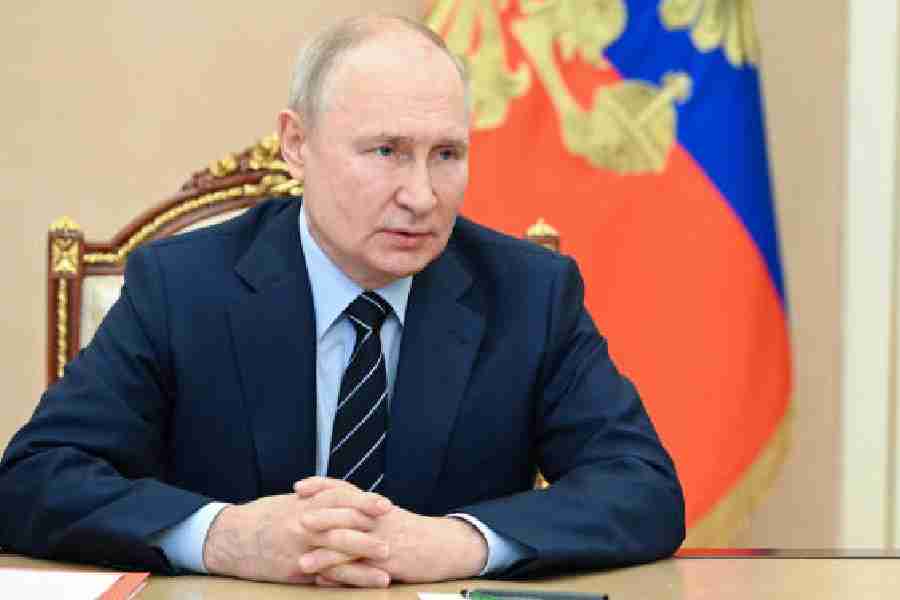Even a noble aim may have unintended consequences. Last week, the Nobel Foundation had decided to extend an invitation for this year’s Nobel Prize award ceremony to the ambassadors of Russia, Belarus and Iran — the countries had been disinvited last year owing to the Ukraine war and human rights violations. The purpose of the committee’s invitation was to ‘increase dialogue between states’. But backlash from the international community led to the committee rescinding the offer. This exclusion of State representatives might have geopolitical imperatives, but care should be taken to not isolate the voices of the people and artists from these countries. This caveat has been made necessary because venues across the West are shunning Russian artists and sportspersons in protest against the Ukraine war. For instance, a Russian cellist was uninvited by Switzerland last year, even though she explicitly denounced the war. The country has also been banned from international soccer and hockey tournaments, the Paralympics as well as the Wimbledon. Several other Russian artists have been shunned for staying silent, even though many of them have admitted to being too afraid to speak up against the Russian government. The global denouncement sets a dangerous precedent of equating Moscow’s repression with public thought. The conflation of the Russian State with its citizens also further isolates independent voices that are already endangered in Russia.
Since the Russian invasion of Ukraine, Moscow has not lost any opportunity to eliminate independent perspective through a potent combination of restrictive legislation and propaganda. Russian authorities have arrested and detained almost 20,000 anti-war artists and activists and are pursuing more than 3,400 criminal cases against citizens for any infraction deemed to discredit the Russian forces. Concerts have been raided and musicians fined, books and film-makers banned and charged with promoting pornography (all queer content is considered pornography by the State), art exhibitions shut down — the list is long. Despite the threat of repression and imprisonment for up to 10 years, the resistance of Russian artists is growing. The objective of the international fraternity should be to provide platforms for the wider dissemination of these voices and free thought from within Russia. That would be a more potent way of building bridges of dialogue and collaboration.











